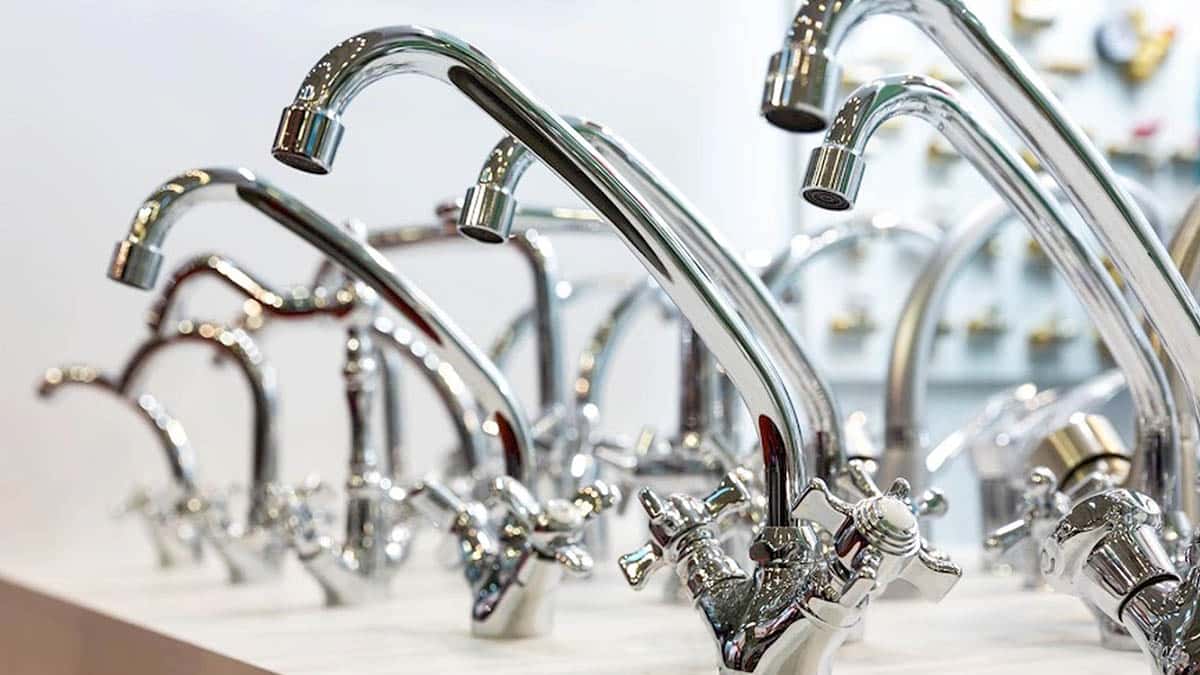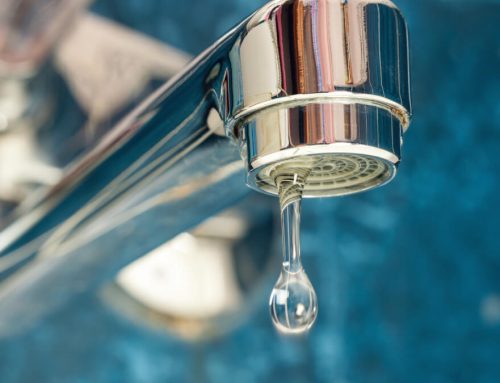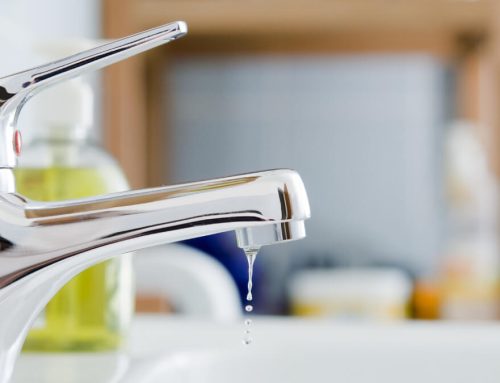
How to Conserve Water In Your Home
Water inefficiency is bad for both your pocket and the environment. Fortunately, you can take a wide range of measures to avoid water wastage at home. Below are some of these measures.
Install High-efficiency Appliances
Water appliances have different efficiencies. Choose the highest efficiency within your budget whenever you want to install an appliance. Here are some useful examples of such appliances:
- Low-flow showerheads with rates as low as 2 gallons per minute
- Low-flush toilets that use as little as 1.6 gallons per flush
- Low-flow faucets that deliver as little as 1.5 gallons per minute
Water appliances are becoming more efficient as time goes on — and without compromising on functionality. If you have old appliances, the chance is high that the contemporary market has numerous efficient appliances you can use to update your current appliances.
Use a Tankless Water Heater
Water heaters come in different varieties, but you can choose between two major categories — tank and tankless systems. The tank system heats and stores hot water, while the tankless system only heats water when you need it.
A tankless water heater is both energy- and water-efficient. Water efficiency is possible because the appliance instantly heats the water when you need it. Thus, you don’t have to wait for some cold water to flow down the drain as the water heats.
Lower Your Water Pressure
Low water pressure reduces the risk of water leaks, which high water pressure can cause by forcing its way through small spaces in pipe joints. Additionally, low water pressure reduces water delivery per minute, which reduces overall water use. Both of these perks can help you achieve better water efficiency in your home.
To lower the water pressure in your home, adjust the pressure regulator that sits just after the water meter outside the house. Ensure the pressure reading doesn’t exceed 80 psi.
Prevent Plumbing Leaks
A leaking plumbing system wastes water and makes you pay for the water you aren’t using. Because of this, you’ll want to prevent and plug leaks as soon as they occur. The following tips should help:
- Prevent your pipes from freezing and bursting by wrapping them in heated tape.
- Replace corroded pipes that are likely to leak.
- Replace worn-out fixtures, such as washers or gaskets.
Install a leak detector to alert you as soon as a leak occurs. If you detect a leak, shut off your water supply and plug the leak as soon as possible.
Install a Water Recycling System
Did you know you can recycle some of the wastewater from your house for reuse? A typical house produces two types of wastewater — black and gray water. The black water comes from the toilet and shouldn’t be recycled. Grey water comes from various other sources, such as showers, sinks, and bathtubs, and you can often recycle this water.
You can install a recycling system that separates the grey water from the black water and purifies it. The installation is especially easy and cost-effective during construction. You can use the water for non-consumption activities, such as watering the lawn and washing clothes.
If you choose to install one of these systems, ensure you follow your state’s water recycling regulations.
Change Your Water-Usage Habits
Changing your water-usage habits can have a big effect on your overall water efficiency. Some things you can do include the following:
- Take shorter showers.
- Turn off the tap while brushing your teeth.
- Don’t flush garbage down the toilet.
- Run washing machines at full load.
Indoctrinate all household members to water-saving tips — collective efforts work better than individual efforts.
Three things are critical to your water conservation efforts — good plumbing installation, proper maintenance, and water-usage habits. Moon Valley Plumbing can help you with the first two things. We also provide emergency services to those who need immediate help after hours. Contact us with your plumbing problem to get a professional solution.

